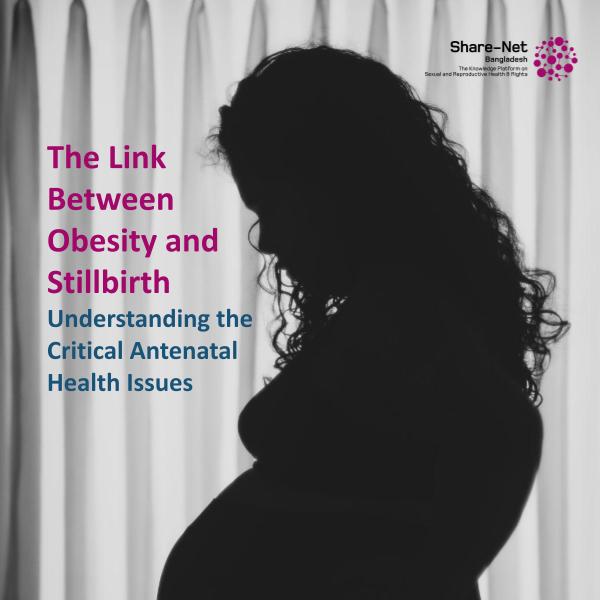The Link Between Obesity and Stillbirth: Understanding the Critical Antenatal Health Issues
In a recent study published in the Canadian Medical Association Journal (CMAJ), researchers shed light on a significant yet often overlooked aspect of reproductive health: the association between obesity and stillbirth. Lead author Naila Ramji, alongside her colleagues, delved into the data to uncover the sobering reality: obesity increases the risk of stillbirth as pregnancy progresses towards full term.
The statistics are telling. In Canada, where the overall risk of stillbirth during pregnancy stands at approximately 0.4 percent, individuals with obesity face heightened vulnerability. The study, which analyzed data from over 681,000 singleton births in Ontario between 2012 and 2018, revealed alarming trends.
Those with class I obesity (BMI 30-34.9 kg/m2) exhibited double the risk of stillbirth at 39 weeks’ gestation compared to individuals with a normal BMI. As the severity of obesity increased, so did the risk, with those in classes II and III facing two to two and a half times greater risk at 36 weeks, escalating to more than fourfold at 40 weeks.
Ramji emphasizes the importance of timely intervention, suggesting that an earlier delivery date could mitigate the risk for pregnant individuals with obesity. This underscores a critical aspect of sexual and reproductive health and rights (SRHR) – the need for personalized care that considers individual risk factors.
Yet, the study also unveils deeper systemic issues. Despite the well-documented link between obesity and stillbirth, there has been a dearth of research on the association by gestational age, particularly concerning higher classes of obesity. This knowledge gap highlights a broader challenge within healthcare systems – the tendency to overlook or downplay SRHR issues that disproportionately affect marginalized or at-risk populations.
Furthermore, implicit biases against individuals with obesity may inadvertently shape medical practices, potentially leading to underestimation of the risks they face. This highlights the intersectionality of SRHR with broader societal attitudes towards weight, calling for a shift towards more inclusive and respectful prenatal care.
As registered dietitian Cahill aptly points out, addressing the issue goes beyond medical interventions. It necessitates a shift in attitudes and approaches towards weight-related issues, ensuring that pregnant individuals receive care free from stigma and discrimination. This echoes the fundamental principles of SRHR – the right to respectful and dignified healthcare, irrespective of one’s size or weight.
The study underscores the intricate interplay between obesity and stillbirth, shining a spotlight on the critical SRHR issues at stake. By acknowledging and addressing these challenges, we can pave the way for more equitable and inclusive reproductive healthcare for all individuals, regardless of their body size or shape.
Source: The Daily Star



